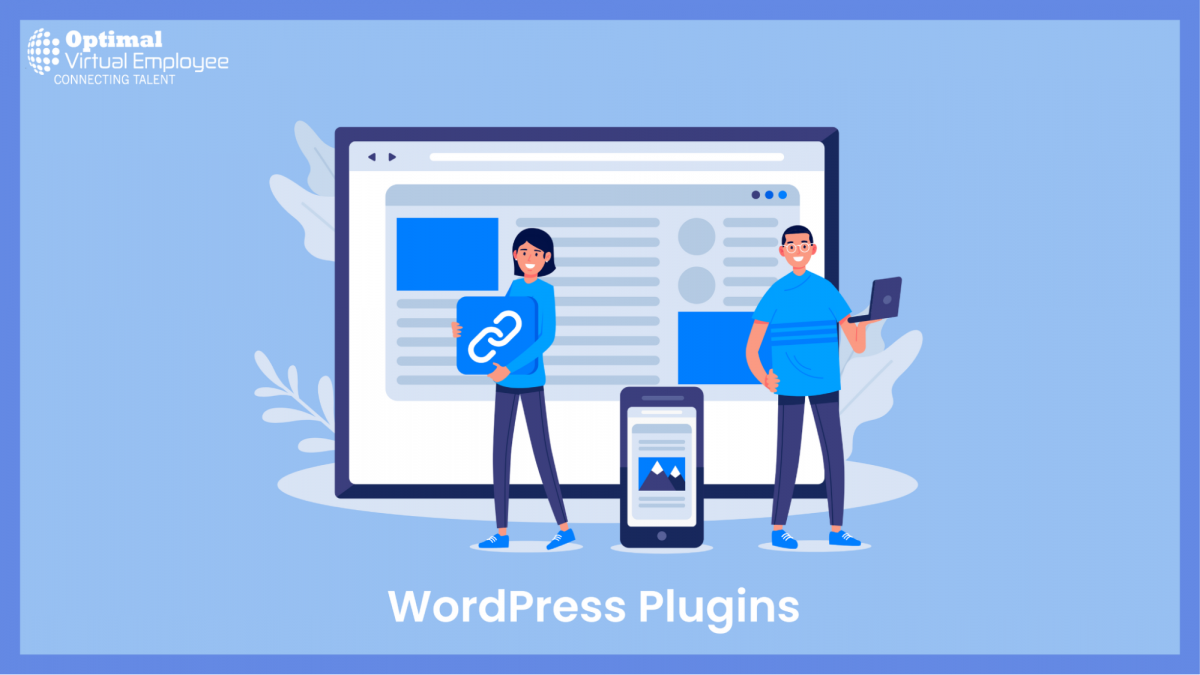WordPress is the leading content management system (CMS) and blogging platform globally, powering more than 40% of all websites on the internet. One of the key factors contributing to its popularity is the extensive plugins that allow bloggers to improve their site’s functionality and enhance the user experience.
However, there are five crucial plugins that you should consider installing if you are a blogger using WordPress.
WordPress plugins for developers
So, let’s get into it. WordPress plugins are essential for every new website. They make our websites better, faster, and more secure. They also help us improve our workflows.
So here they are.
Usersnap
With Usersnap’s WordPress widget, managing feedback on your WordPress website becomes a breeze. Whether it’s from clients, team members, or even friends, this widget serves as a centralized hub for all kinds of feedback. This could range from bug reports (fingers crossed for none!) to change requests, innovative suggestions, or general comments.
When you integrate the Usersnap widget into your website, a mini feedback form appears, making it convenient for visitors—or if you prefer, just your clients and selected team members—to share their thoughts.
WP Updates Notifier
For many organizations, particularly larger ones, security is a top priority. Regular WordPress updates are crucial for maintaining a secure digital environment.
Staying up-to-date with the latest security patches can be challenging if you’re juggling multiple WordPress websites and projects. That’s where the WP Updates Notifier plugin comes in handy. It sends you email alerts for critical WordPress updates. What’s even better? You can also set it up to notify your clients via email when their website needs an update.
Advanced Custom Fields
Originally designed as a blogging platform, WordPress has since matured into a sophisticated content management system used for a wide array of applications. WordPress caters to diverse needs, from e-commerce sites and corporate webpages to personal portfolios.
Plugins like Advanced Custom Fields further enhance WordPress’s capabilities, allowing you to tailor your website with robust fields and forms.
Health Check and Troubleshooting
Essential for every website, the Health Check plugin provides a comprehensive overview of your WordPress site’s performance and health. Its user-friendly dashboard offers a snapshot view, while developers can delve deeper into server-side analytics. Think of it as giving your website a routine medical check-up.
One standout feature is the “Troubleshooting Mode,” which temporarily deactivates all plugins and non-standard themes. This allows you to reactivate them one by one to isolate any issues—without affecting the live site or saving any changes. This is essentially a Safe Mode designed for effective web debugging.
Although the plugin isn’t targeted at casual users, it’s invaluable for developers in the WordPress ecosystem. Key features include:
– Automated checks and tests for WordPress
– A debug section for assessing server configurations
– Troubleshooting or Safe Mode for diagnostic purposes
– A dashboard widget that shows site health metrics
– A suite of tools to check email functionalities, verify default WordPress files, and more.
LambdaTest
For authentic cross-browser testing on WordPress, LambdaTest should be your top choice. What sets LambdaTest apart is its ability to take full-page screenshots of your content using actual browsers on genuine operating systems, all hosted on real, cloud-connected machines. This provides far more accurate data than simulated analytics. If you’ve never had to deal with synthetic testing, simply try LambdaTest and you’ll immediately see the difference. Key Features include:
– Real-world browser data in real-time
– Over 2000 combinations of browsers to choose from
– Testing capabilities for both mobile and desktop browsers and operating systems
– Compatibility with local and private websites
– Seamless integrations with platforms like GitHub, Bitbucket, Slack, Asana, and more.
Conclusion
The overview we’ve provided barely taps into the wealth of invaluable plugins available for WordPress developers. The ones we’ve highlighted are among the top picks that have the potential to significantly streamline your development process. Whether it’s integrated file management for the seamless organization, direct back-end sales functionality to enhance user experience, or straightforward logging of IDs, these plugins offer a range of indispensable tools. They can not only optimize your workflow but also contribute to the overall efficiency and functionality of your WordPress projects.
Beyond these core functionalities, some plugins excel in offering more nuanced capabilities. For instance, you can see your site from the perspective of specific users, thereby gaining critical insights into user experience and interface effectiveness. Additionally, plugins that allow for the creation of custom fields can be extremely valuable; they enable you to gather, manage, and display specific data tailored to your site’s needs. All these plugins merit inclusion in your developer toolkit, as they provide comprehensive solutions for a multitude of challenges you may encounter in WordPress development.










